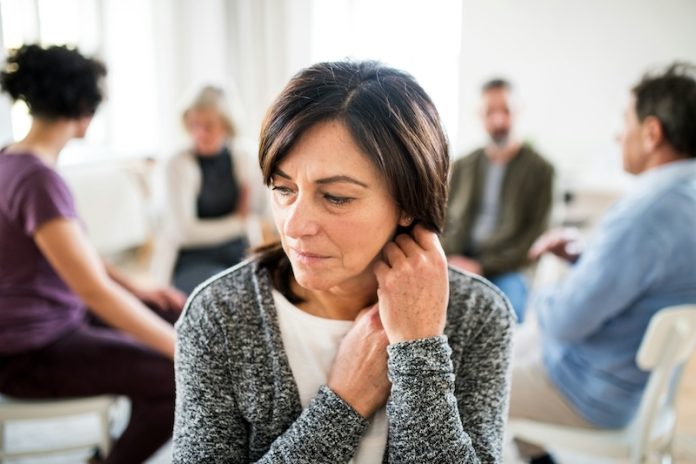
Chronic pain is a reality for many aging adults. Whether it’s due to arthritis, back problems, or long-term injuries, this persistent pain often goes beyond just physical discomfort. It can deeply affect mental health, leading to challenges like anxiety, depression, and even social isolation.
Understanding the link between chronic pain and mental health is crucial for finding ways to manage both.
Chronic pain is defined as pain that lasts for more than three months, and it’s common among older adults. Studies estimate that around 50% of people over 65 experience some form of chronic pain. The physical toll of living with ongoing discomfort is obvious, but the emotional toll is just as significant.
Pain can make everyday tasks harder, reduce independence, and take away enjoyment from activities that once brought joy. Over time, this can lead to feelings of sadness, frustration, or hopelessness.
One of the main ways chronic pain impacts mental health is through its effect on the brain. Research shows that living with pain can change how the brain processes emotions. The constant stress caused by pain can increase levels of cortisol, a stress hormone, which is linked to anxiety and depression.
Chronic pain can also disrupt sleep, which further worsens mood and mental clarity. A study published in The Journal of Pain found that people with chronic pain are two to three times more likely to develop depression than those without pain.
Social isolation is another common issue. Chronic pain can make it hard to participate in social activities, leading many older adults to withdraw from friends and family. This isolation can create a cycle of loneliness and emotional distress, which can further worsen the perception of pain.
One study in Pain Medicine found that older adults who felt socially disconnected reported higher levels of pain and were more likely to experience depressive symptoms.
Another factor to consider is the stigma around pain. Some older adults may feel reluctant to talk about their pain or mental health challenges because they don’t want to seem like a burden.
This can prevent them from seeking the help they need. Unfortunately, untreated pain and mental health issues can have a serious impact on quality of life and overall well-being.
The good news is that there are ways to manage both chronic pain and its impact on mental health. Multidisciplinary approaches that address the body and mind have been shown to be effective. For example, physical therapy and gentle exercises like yoga or tai chi can reduce pain and improve mobility.
At the same time, counseling or therapy can help address the emotional toll of living with pain. Cognitive-behavioral therapy (CBT), in particular, has been found to help people reframe negative thoughts about pain and build coping strategies.
Medications can also play a role, but it’s important to use them carefully, especially for older adults. Non-drug approaches, like mindfulness meditation and relaxation techniques, are becoming popular as safer alternatives for managing pain and reducing stress.
Support groups can also provide a sense of community and understanding, helping older adults feel less alone in their struggles.
Here are some practical tips for managing chronic pain and its effects on mental health. First, stay active within your limits. Gentle movement can reduce stiffness and improve mood.
Second, talk openly with your doctor about both your physical and emotional symptoms—treating one often helps with the other. Explore relaxation techniques like deep breathing or guided meditation to reduce stress and improve sleep.
Finally, stay connected with loved ones. Even small, regular interactions can help combat loneliness and provide emotional support.
Chronic pain doesn’t have to define life for aging adults. By addressing both the physical and emotional aspects of pain, it’s possible to improve quality of life and regain a sense of control and joy.
If you care about pain, please read studies about vitamin K deficiency linked to hip fractures in old people, and these vitamins could help reduce bone fracture risk.
For more information about wellness, please see recent studies that Krill oil could improve muscle health in older people, and eating yogurt linked to lower frailty in older people.
Copyright © 2025 Knowridge Science Report. All rights reserved.



